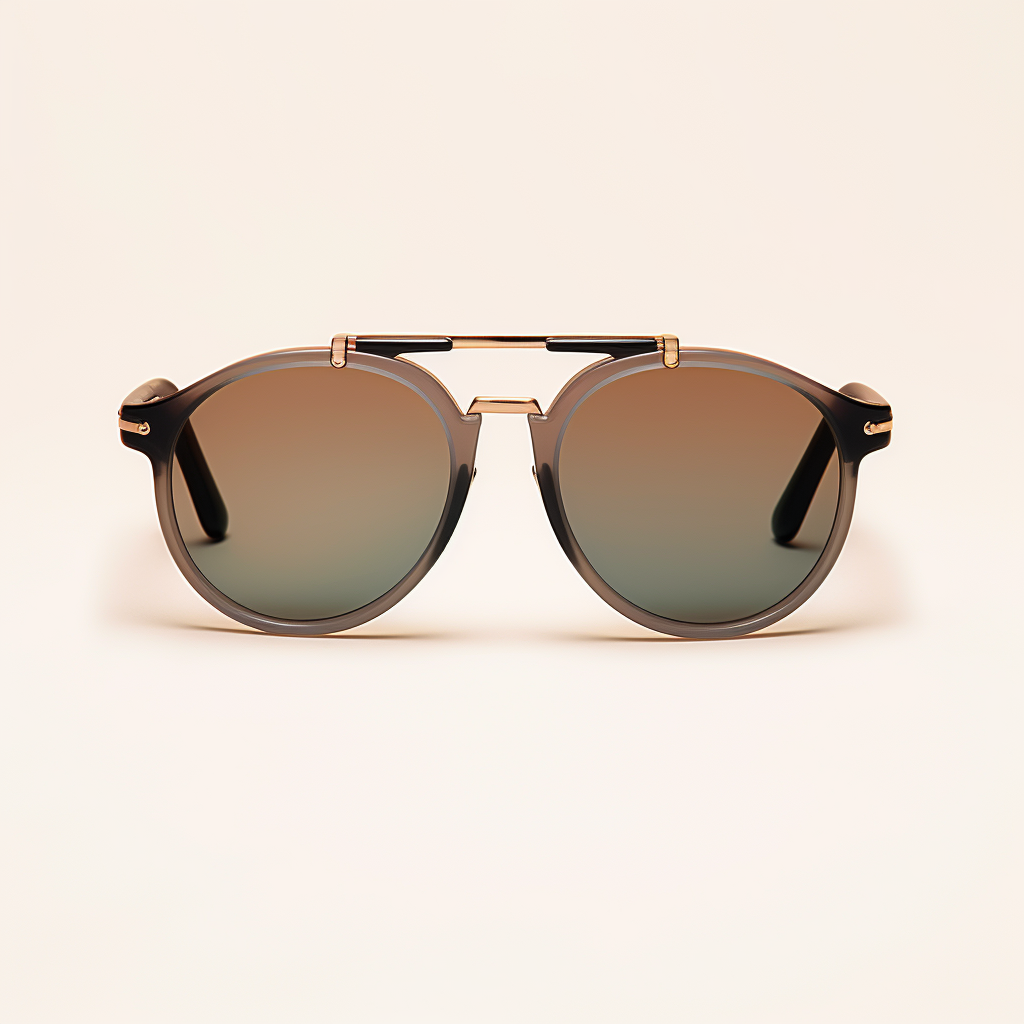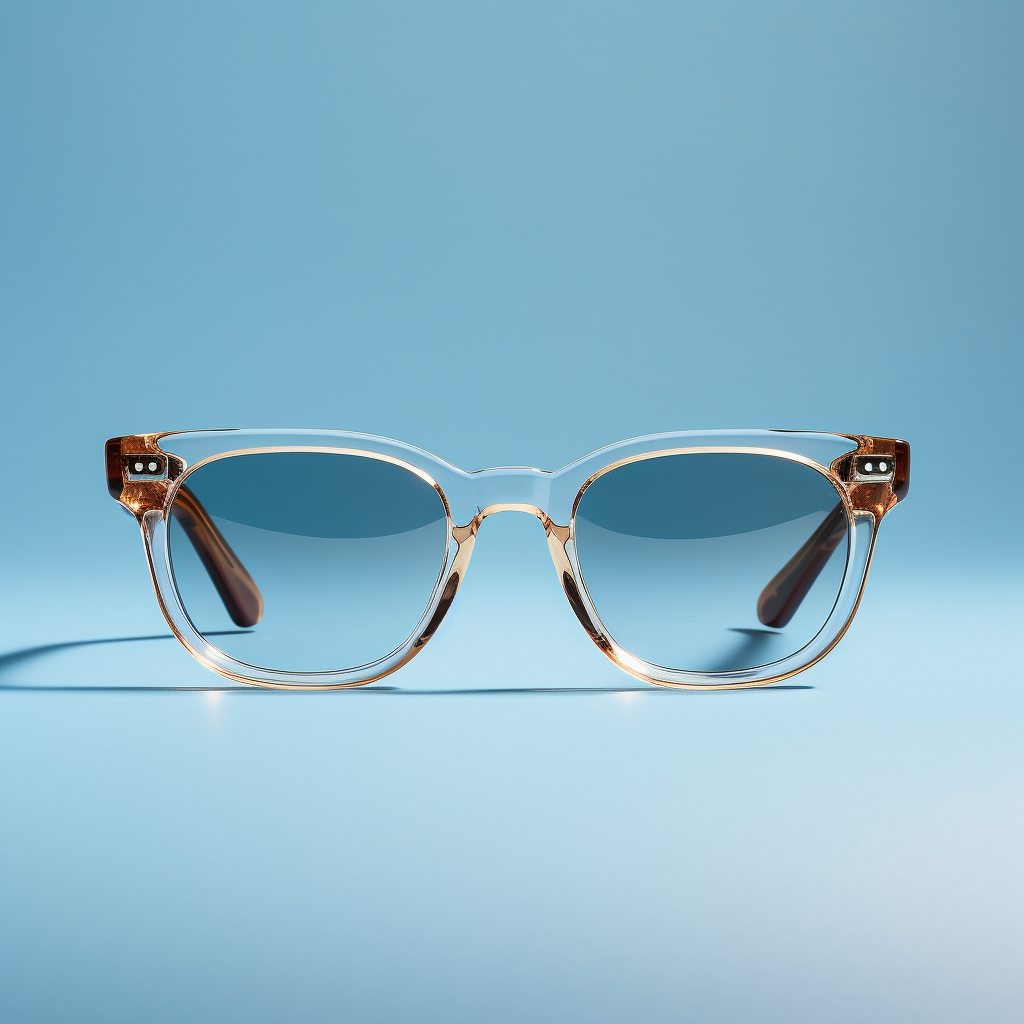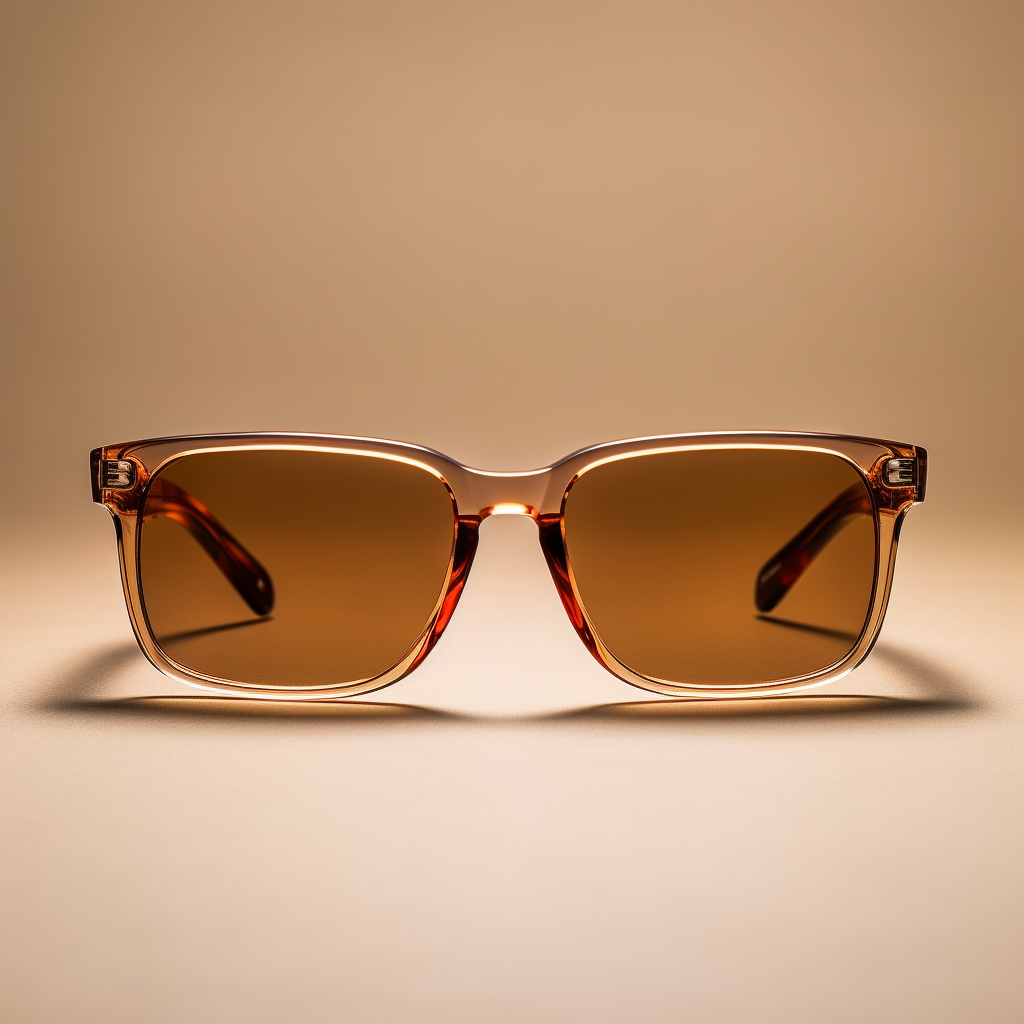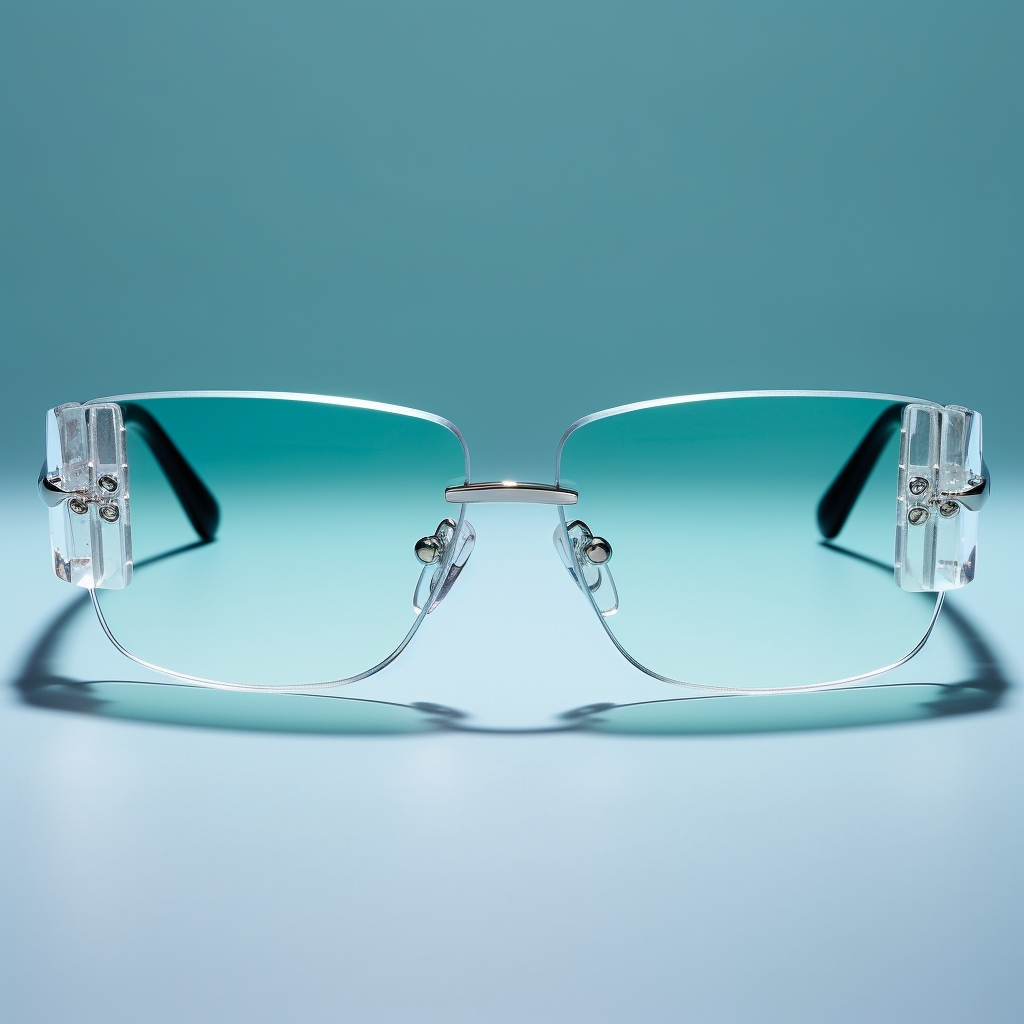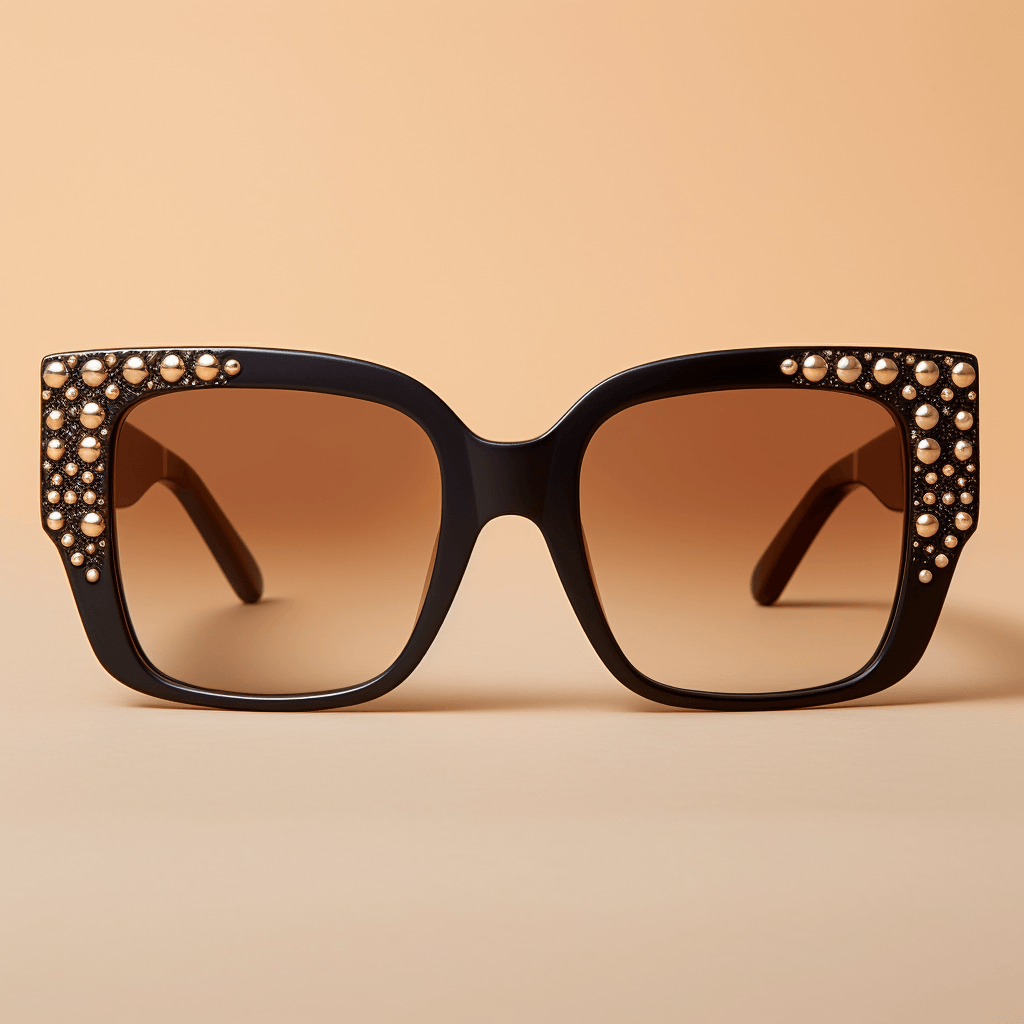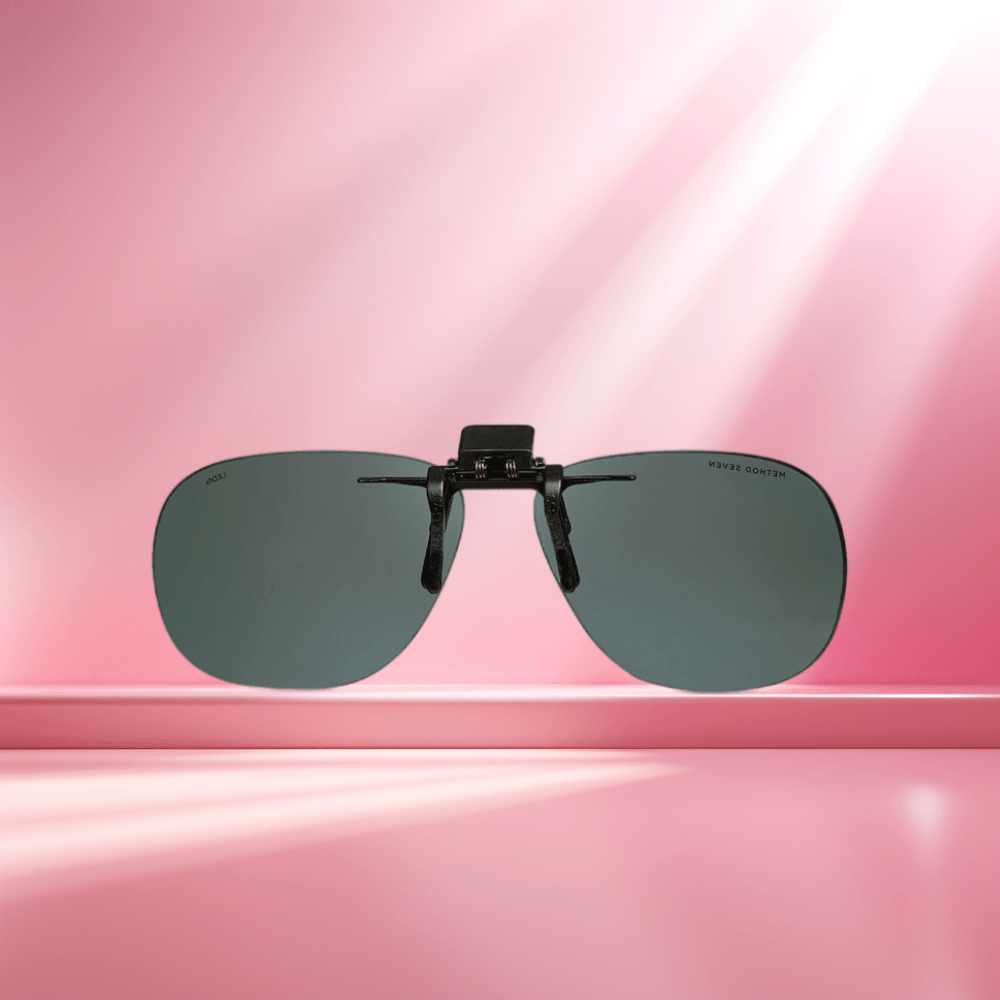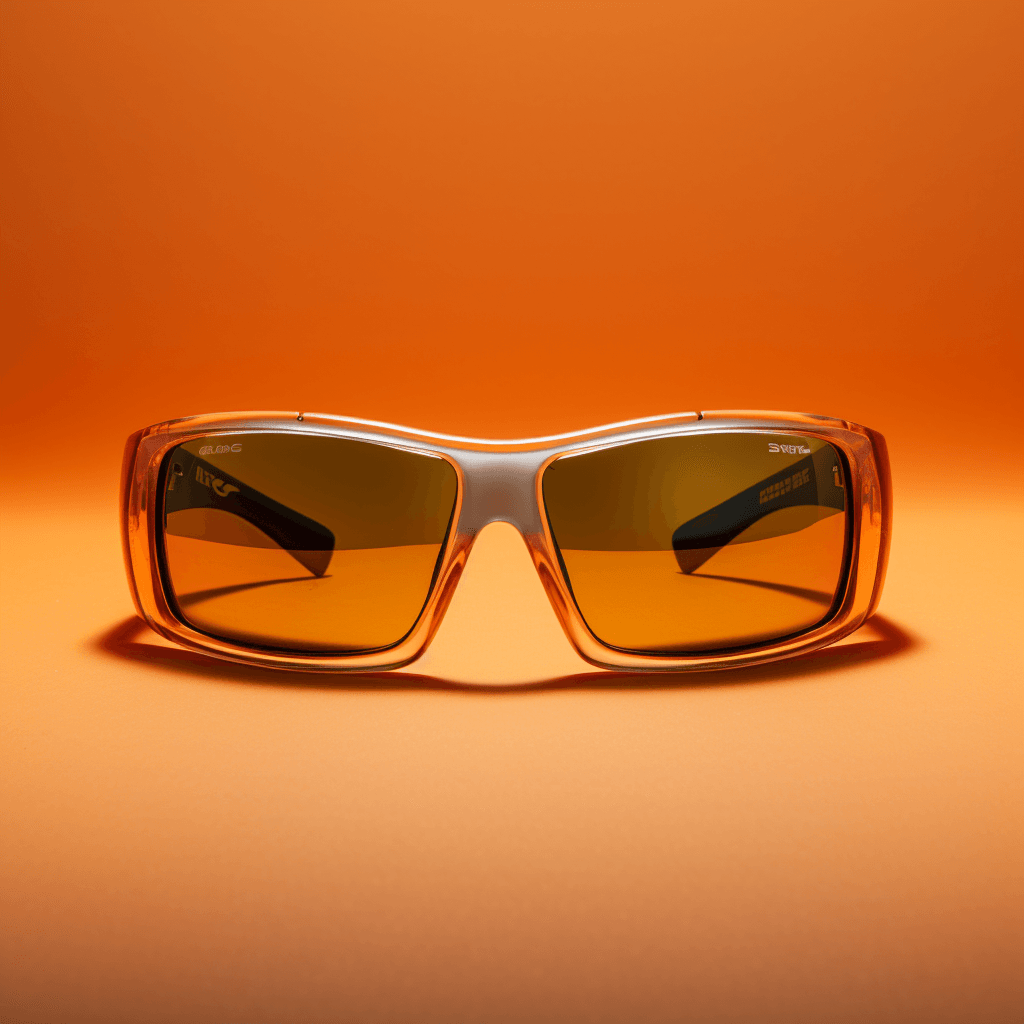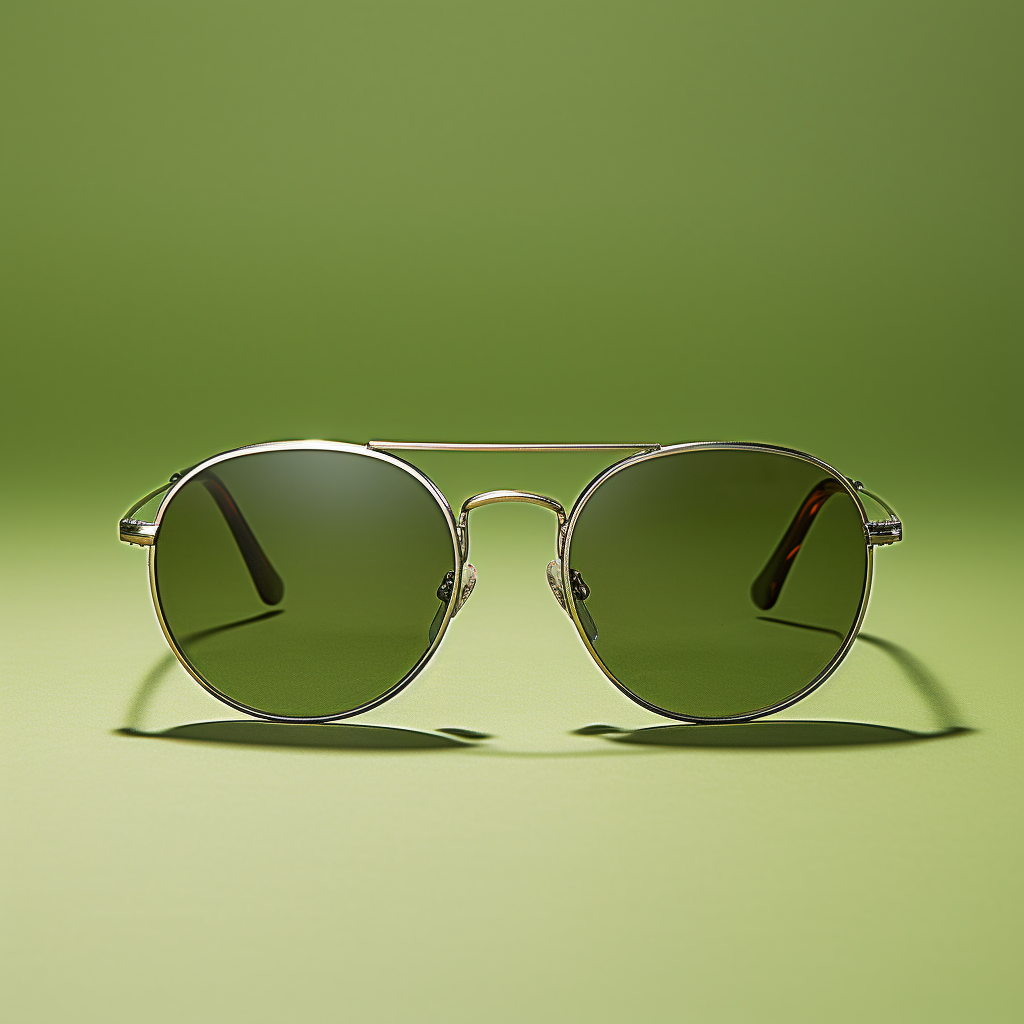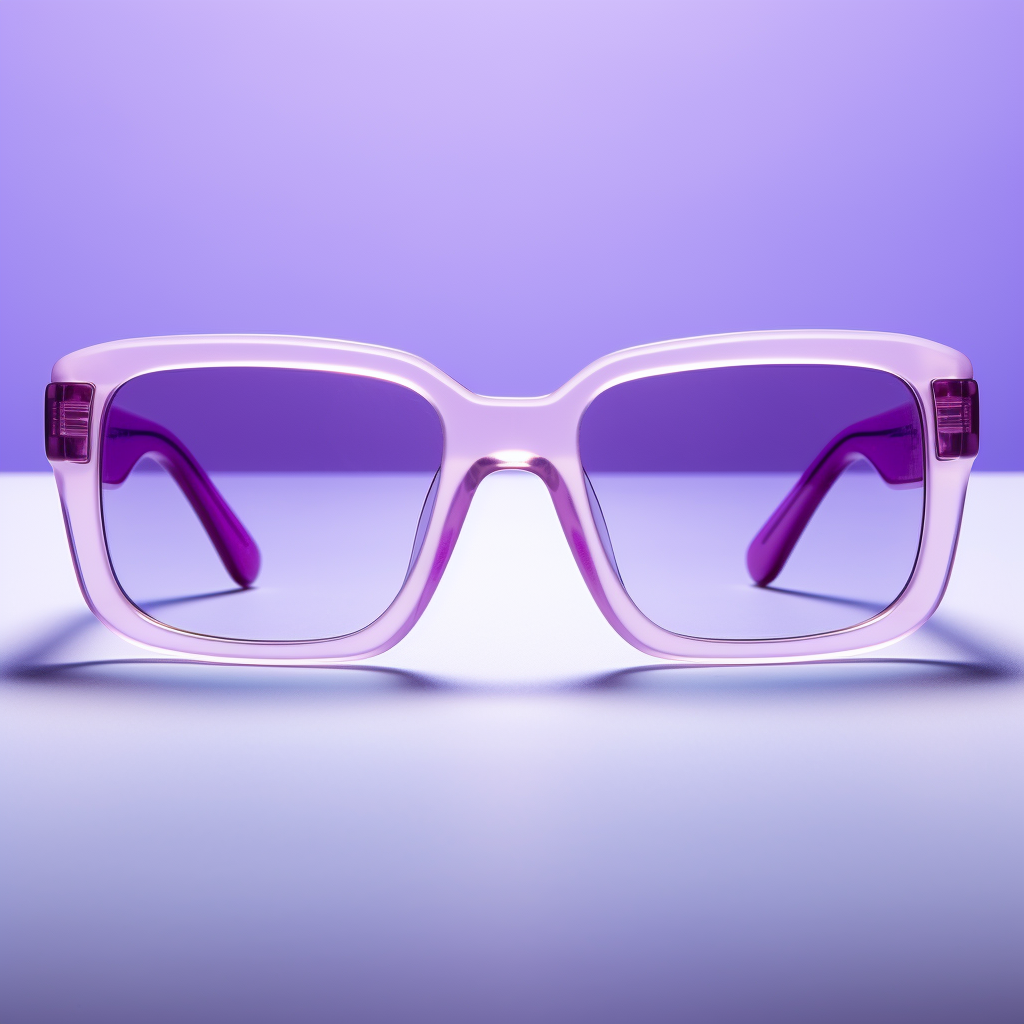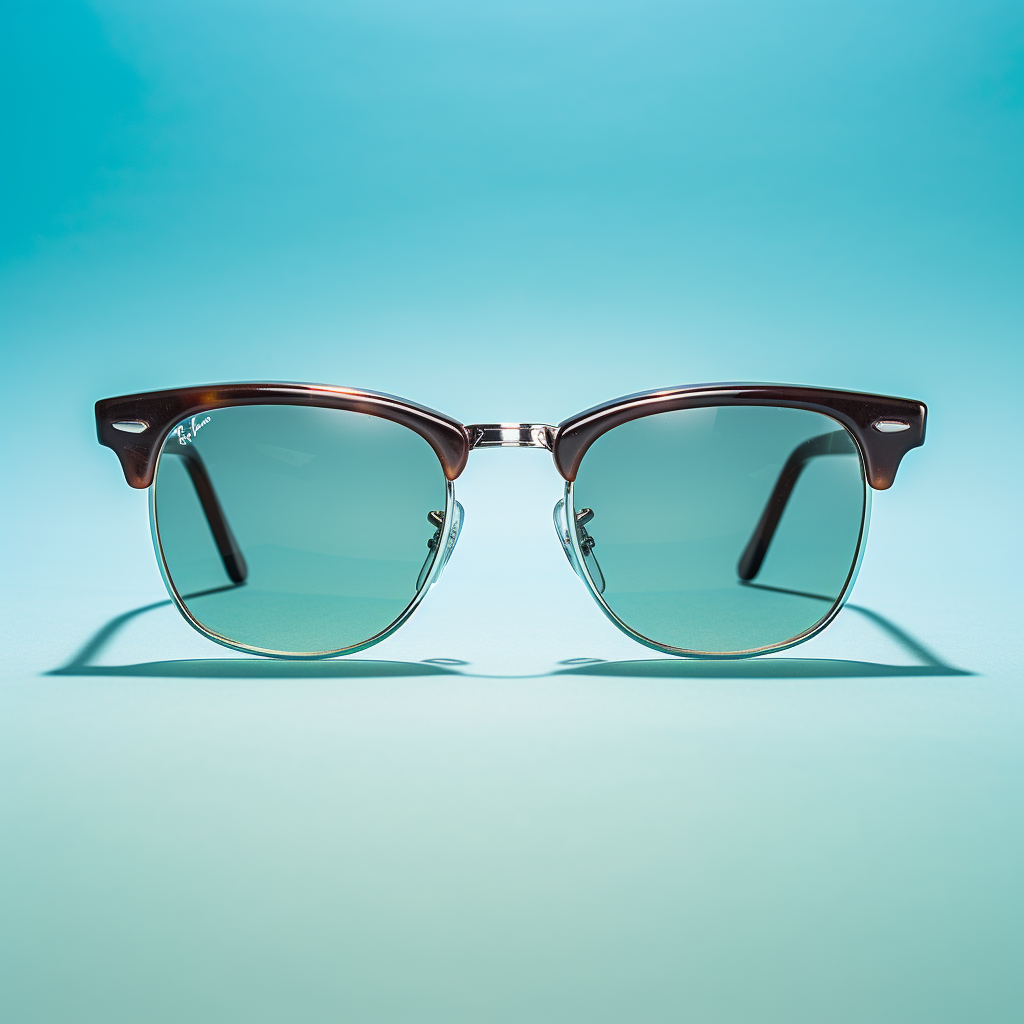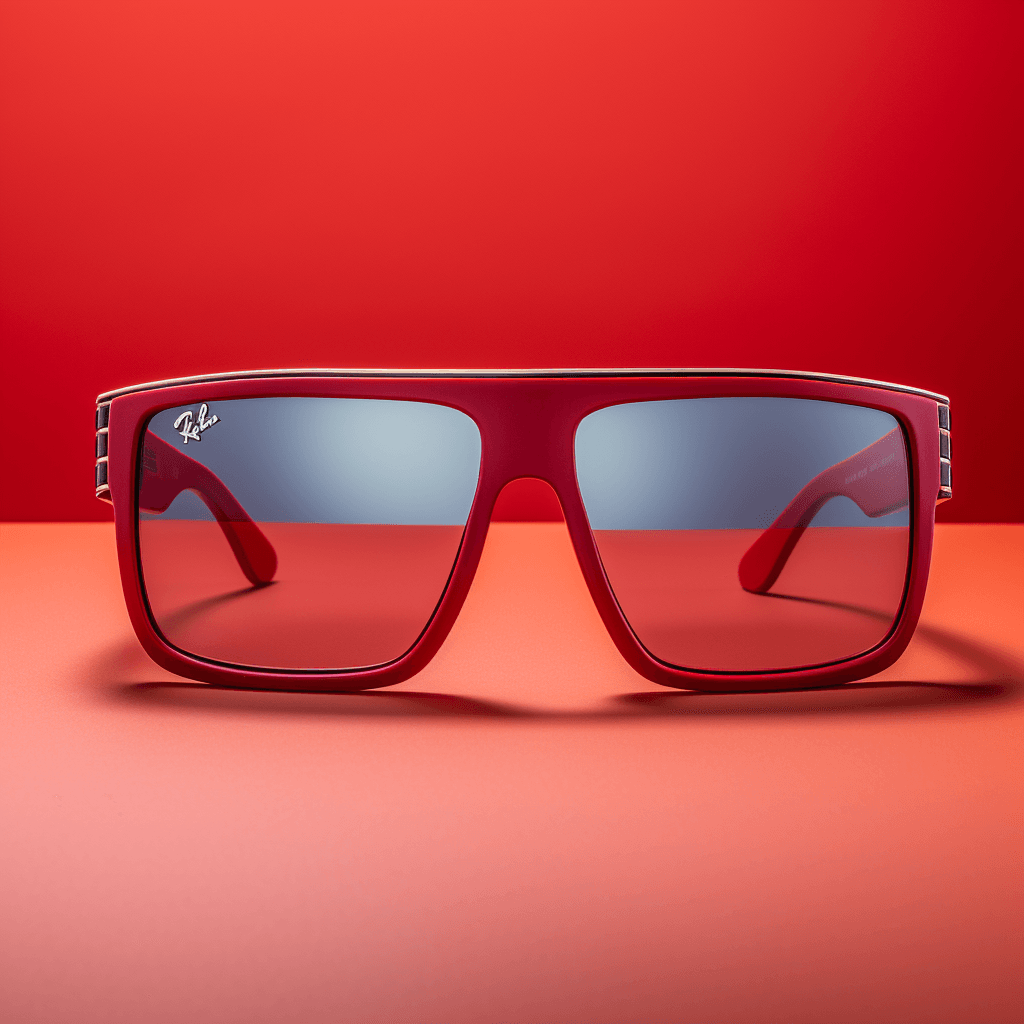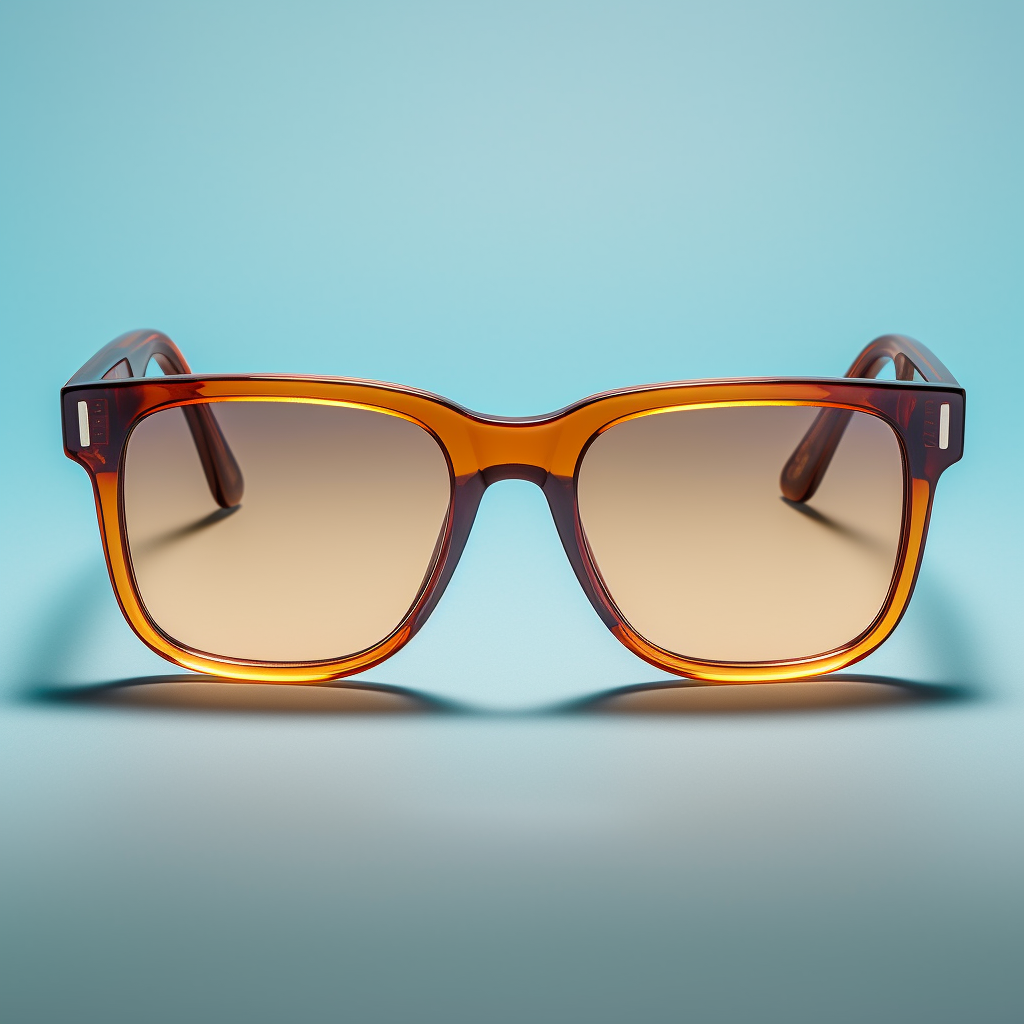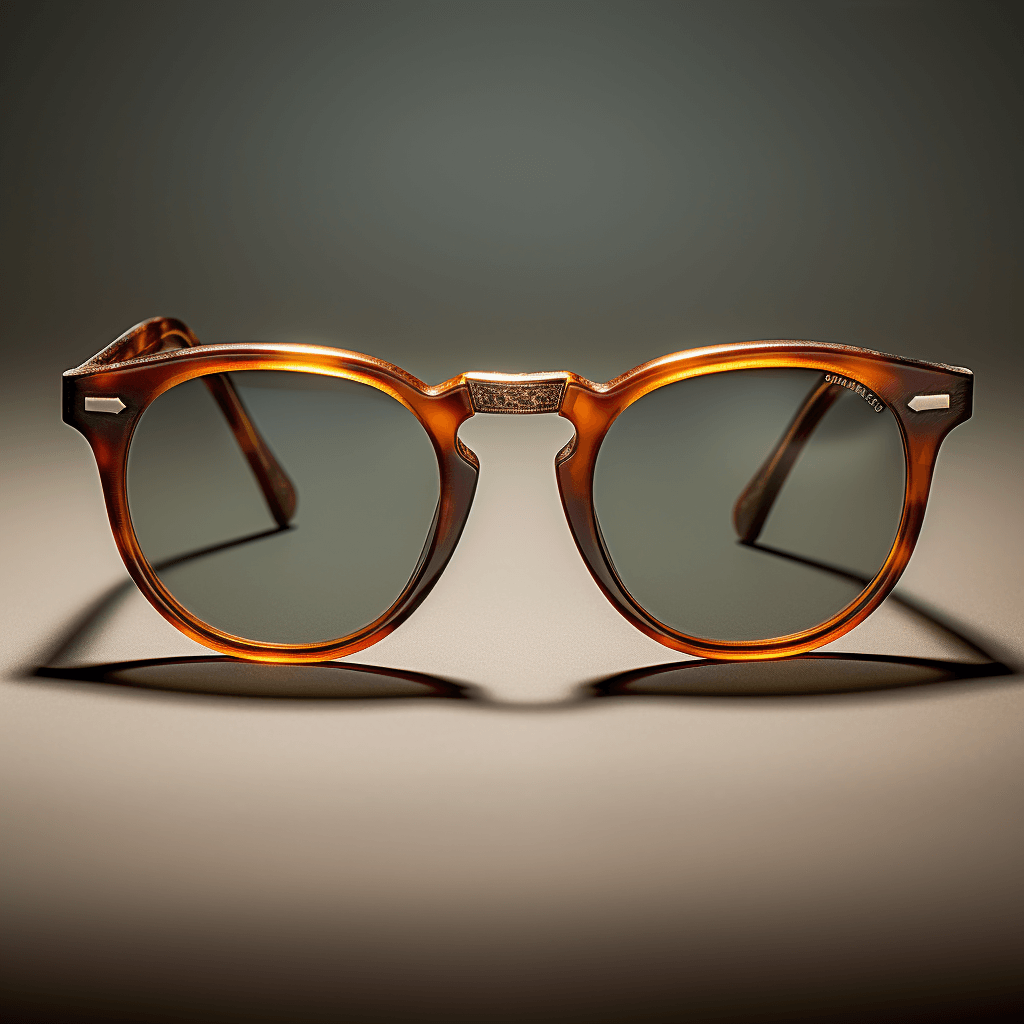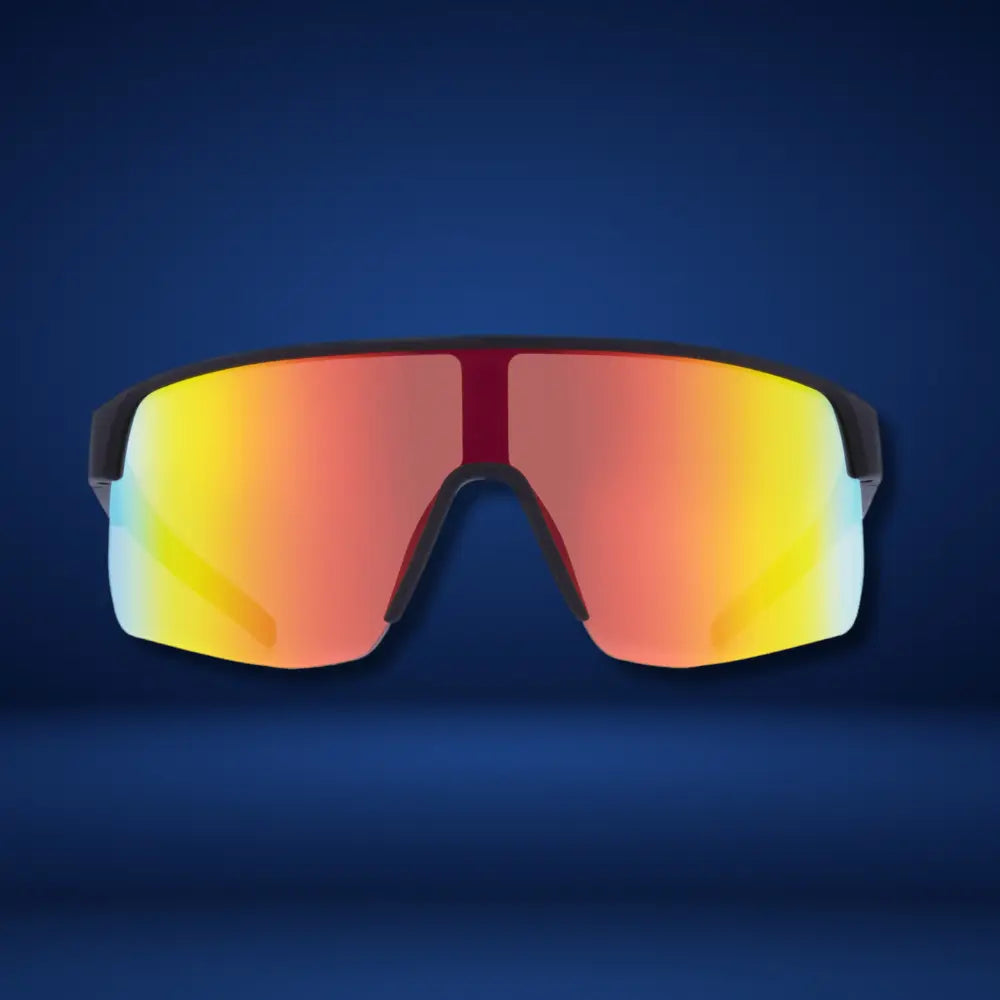
What are polarized sunglasses, and how do they work?
Share
Sunglasses are not just a fashion accessory; they play a crucial role in protecting our eyes from harmful UV rays and glare. Polarized sunglasses, in particular, have become increasingly popular due to their unique ability to reduce glare and enhance clarity. In this article, we will explore what polarized sunglasses are, how they work, and their benefits.
Table of Contents
- Introduction
- What are Polarized Sunglasses?
- Definition of Polarized Sunglasses
- How are They Different from Regular Sunglasses?
- How Do Polarized Sunglasses Work?
- Polarization Process
- How Polarized Sunglasses Block Glare
- What Are The Benefits of Polarized Sunglasses?
- Enhanced Clarity
- Reduced Eye Strain and Fatigue
- Improved Contrast and Color Perception
- What Are The Types of Polarized Sunglasses
- Polarized Clip-Ons
- Polarized Prescription Sunglasses
- Polarized Photochromic Sunglasses
- How to Choose the Right Polarized Sunglasses
- Consider the Lens Color
- Check the UV Protection
- Look for a Durable Frame
- Common Myths about Polarized Sunglasses
- Myth #1: Polarized Sunglasses are Expensive
- Myth #2: Polarized Sunglasses are Only for Fishing and Boating
- Myth #3: Polarized Sunglasses Can Affect Depth Perception
- Conclusion
- FAQs
Introduction
Sunglasses are a necessity, especially during sunny days. Not only do they make you look stylish, but they also protect your eyes from harmful UV rays that can cause damage to your eyesight. However, not all sunglasses are created equal, and polarized sunglasses are a prime example.
Polarized sunglasses offer several benefits that regular sunglasses do not. They can significantly reduce glare, improve color perception, and enhance visual clarity. Let's dive into what polarized sunglasses are and how they work.
What are Polarized Sunglasses?
Definition of Polarized Sunglasses
Polarized sunglasses are a type of eyewear that has a special lens coating that helps to reduce glare caused by reflected light. The lenses are made with a special polarizing filter that blocks certain types of light waves, which reduces glare and enhances visual clarity.
How are They Different from Regular Sunglasses?
Regular sunglasses reduce the amount of light that enters your eyes, but they do not necessarily reduce glare. Polarized sunglasses are specially designed to filter out horizontally polarized light waves, which are the main cause of glare. This makes them ideal for outdoor activities, especially when you are near reflective surfaces like water, snow, or road surfaces.
How Do Polarized Sunglasses Work?
Polarization Process
The polarization process involves placing a special film on the sunglass lenses that acts as a filter, allowing only vertically polarized light waves to pass through. This means that light waves that travel horizontally, such as reflected light, are blocked.
How Polarized Sunglasses Block Glare
When light waves reflect off surfaces like water, snow, or a car windshield, they become horizontally polarized, causing glare. Polarized sunglasses have a special filter that blocks these horizontally polarized light waves, reducing the intensity of the glare and improving visual clarity.
What Are The Benefits of Polarized Sunglasses?
Reduced Eye Strain and Fatigue
Polarized sunglasses reduce eye strain and fatigue by eliminating the need for the eyes to constantly adjust to changing light conditions caused by glare. This is especially helpful for people who spend a lot of time outdoors, as it can prevent eye strain and headaches.
Improved Contrast and Color Perception
Polarized sunglasses improve contrast and color perception by reducing the amount of scattered light that enters the eyes. This can make colors appear more vibrant and can improve the perception of depth and distance.
What Are The Types of Polarized Sunglasses?
Polarized Clip-Ons
Polarized clip-ons are a convenient option for people who wear prescription glasses. They attach to the existing glasses frame and can be easily removed when not needed.
Polarized Prescription Sunglasses
Polarized prescription sunglasses are designed specifically for people who require corrective lenses. They provide the same benefits as regular polarized sunglasses while correcting vision problems.
Polarized Photochromic Sunglasses
Polarized photochromic sunglasses have lenses that automatically adjust to changing light conditions, becoming darker in bright conditions and lighter in low light conditions. This makes them a versatile option for a variety of outdoor activities.
How to Choose the Right Polarized Sunglasses
Consider the Lens Color
Different lens colors have different benefits. For example, gray lenses are neutral and provide true color perception, while brown lenses enhance contrast and depth perception.
Check the UV Protection
Make sure the polarized sunglasses you choose provide adequate UV protection. Look for sunglasses that block 100% of UVA and UVB rays.
Look for a Durable Frame
Choose polarized sunglasses with a durable frame that can withstand outdoor activities and frequent use.
Common Myths about Polarized Sunglasses
Myth #1: Polarized Sunglasses are Expensive
While some polarized sunglasses can be expensive, there are also affordable sunglasses available. It is important to choose polarized sunglasses that meet your needs and budget.
Myth #2: Polarized Sunglasses are Only for Fishing and Boating
While polarized sunglasses are commonly used for fishing and boating, they are also beneficial for other outdoor activities, such as driving, skiing, and hiking.
Myth #3: Polarized Sunglasses Can Affect Depth Perception
There is no evidence to suggest that polarized sunglasses affect depth perception. In fact, they can improve depth perception by reducing glare and enhancing visual clarity.
Conclusion
Polarized sunglasses are an excellent option for anyone who spends time outdoors, especially near reflective surfaces like water or snow. They provide numerous benefits, including reduced glare, improved visual clarity, and enhanced color perception. By considering factors like lens color, UV protection, and durability, you can choose the right polarized sunglasses for your needs and enjoy the benefits they provide.
Overall, polarized sunglasses are a great investment for anyone who spends time outdoors. They provide numerous benefits, including reduced glare, improved visual clarity, and enhanced color perception. By considering factors like lens color, UV protection, and durability, you can choose the right polarized sunglasses for your needs and enjoy the benefits they provide.
FAQs
Are polarized sunglasses good for driving?
Yes, polarized sunglasses can reduce glare and improve visual clarity while driving, making them a great choice for anyone who spends time behind the wheel.
Can polarized sunglasses be used for indoor activities?
While polarized sunglasses are designed for outdoor activities, they can be used indoors. However, they may make it difficult to see in low light conditions.
How often should I replace my polarized sunglasses?
It is recommended to replace your polarized sunglasses every two years to ensure they provide adequate UV protection and maintain their effectiveness.
Can I wear polarized sunglasses while using a computer?
Yes, polarized sunglasses can be worn while using a computer, but they may not be necessary unless
Can polarized sunglasses be harmful to the eyes?
No, polarized sunglasses are not harmful to the eyes. In fact, they provide UV protection and reduce eye strain, making them beneficial for eye health.
Can polarized sunglasses make it difficult to see LCD screens?
Polarized sunglasses can sometimes make it difficult to see LCD screens, such as those on a phone or GPS device. This is because the polarization can interfere with the screen's visibility. However, some newer LCD screens are designed to be compatible with polarized sunglasses.

